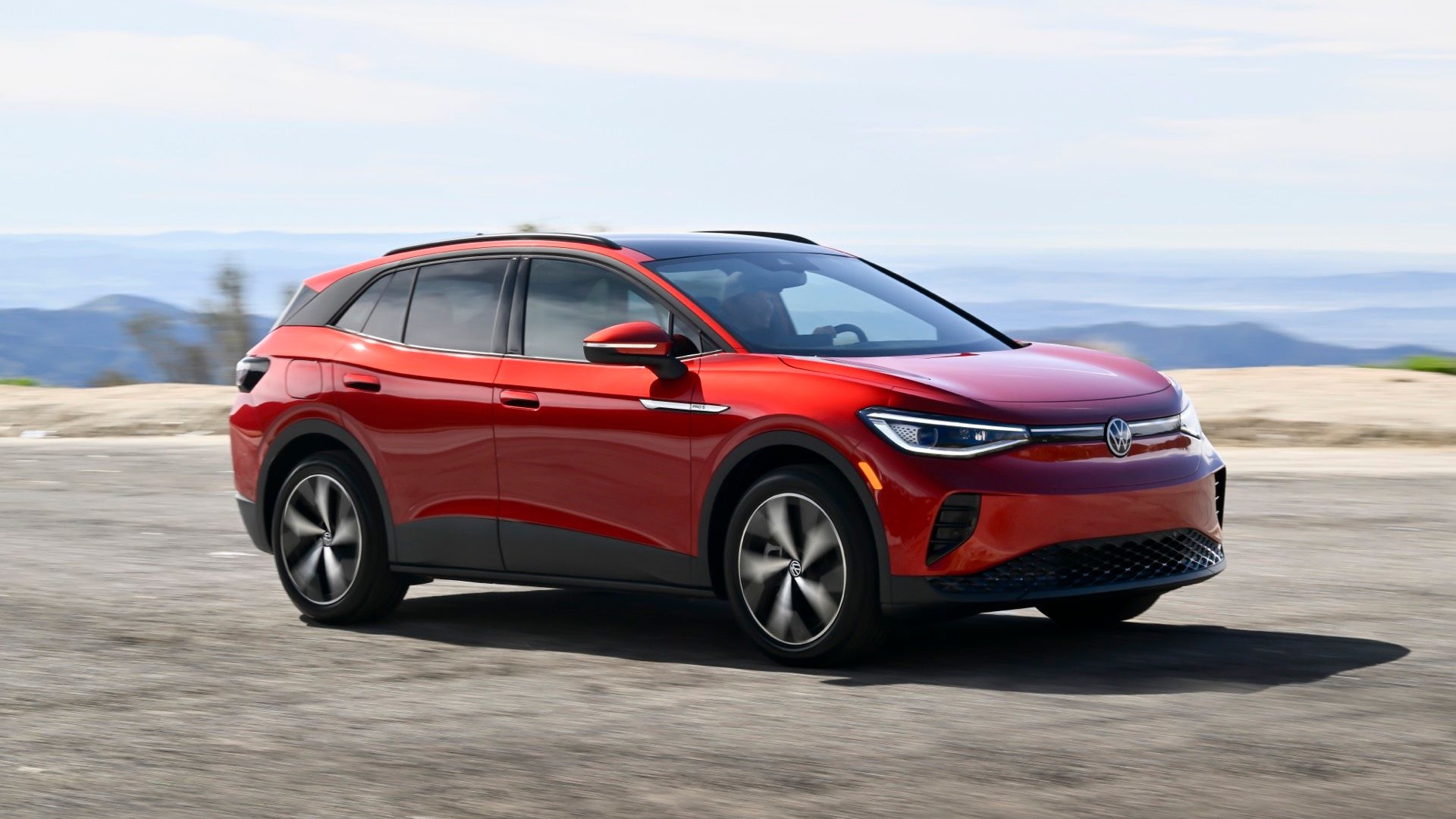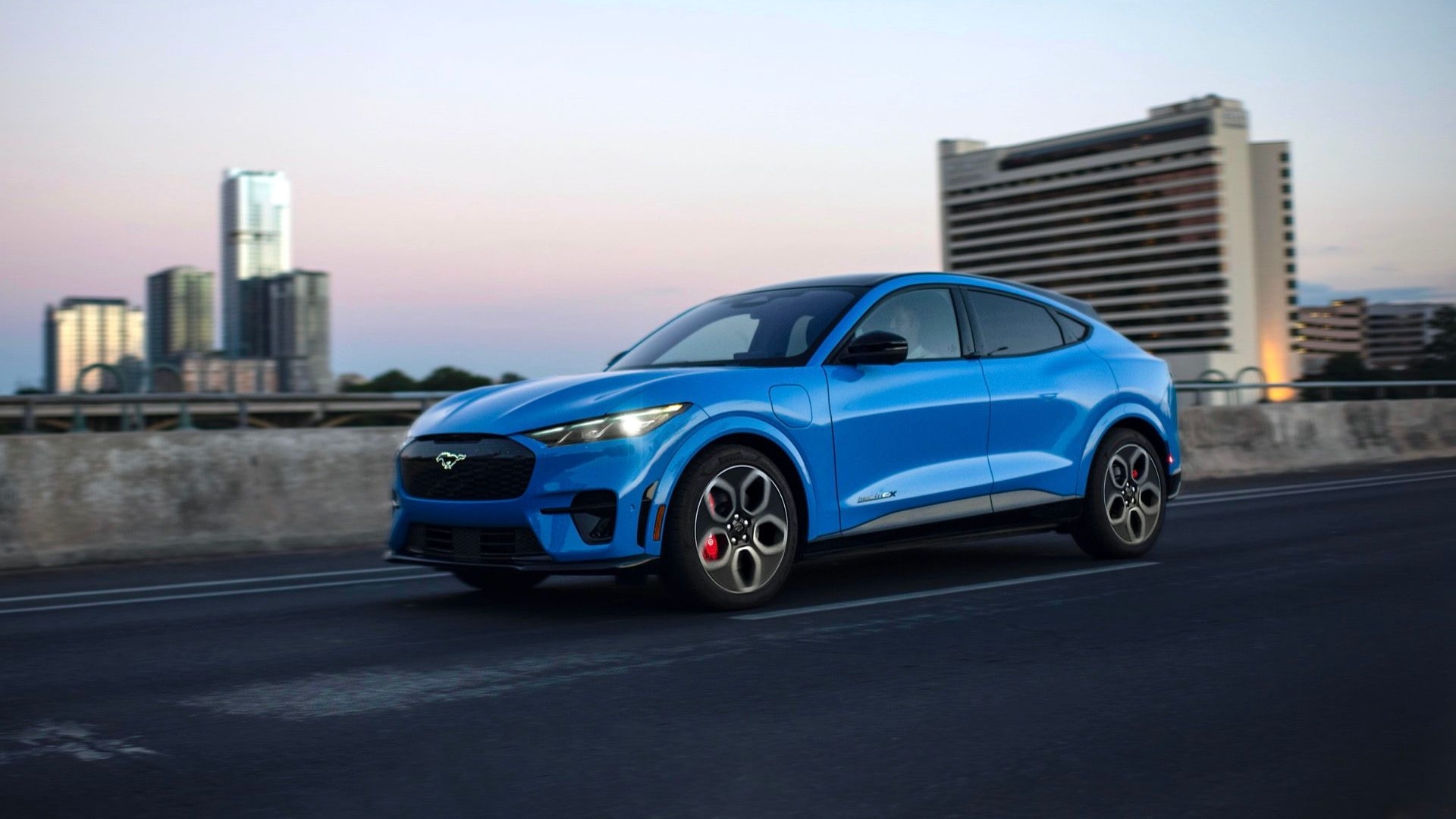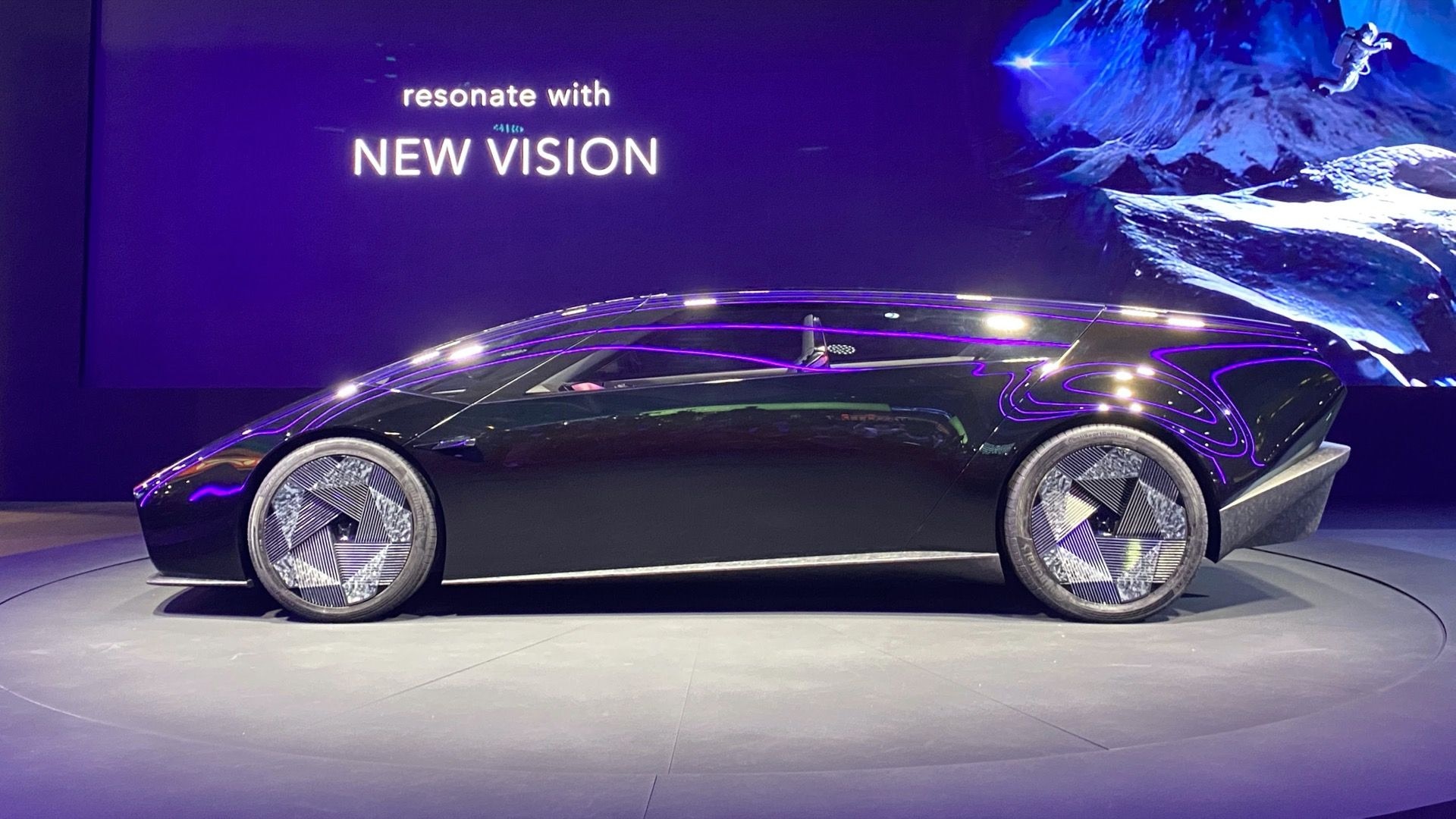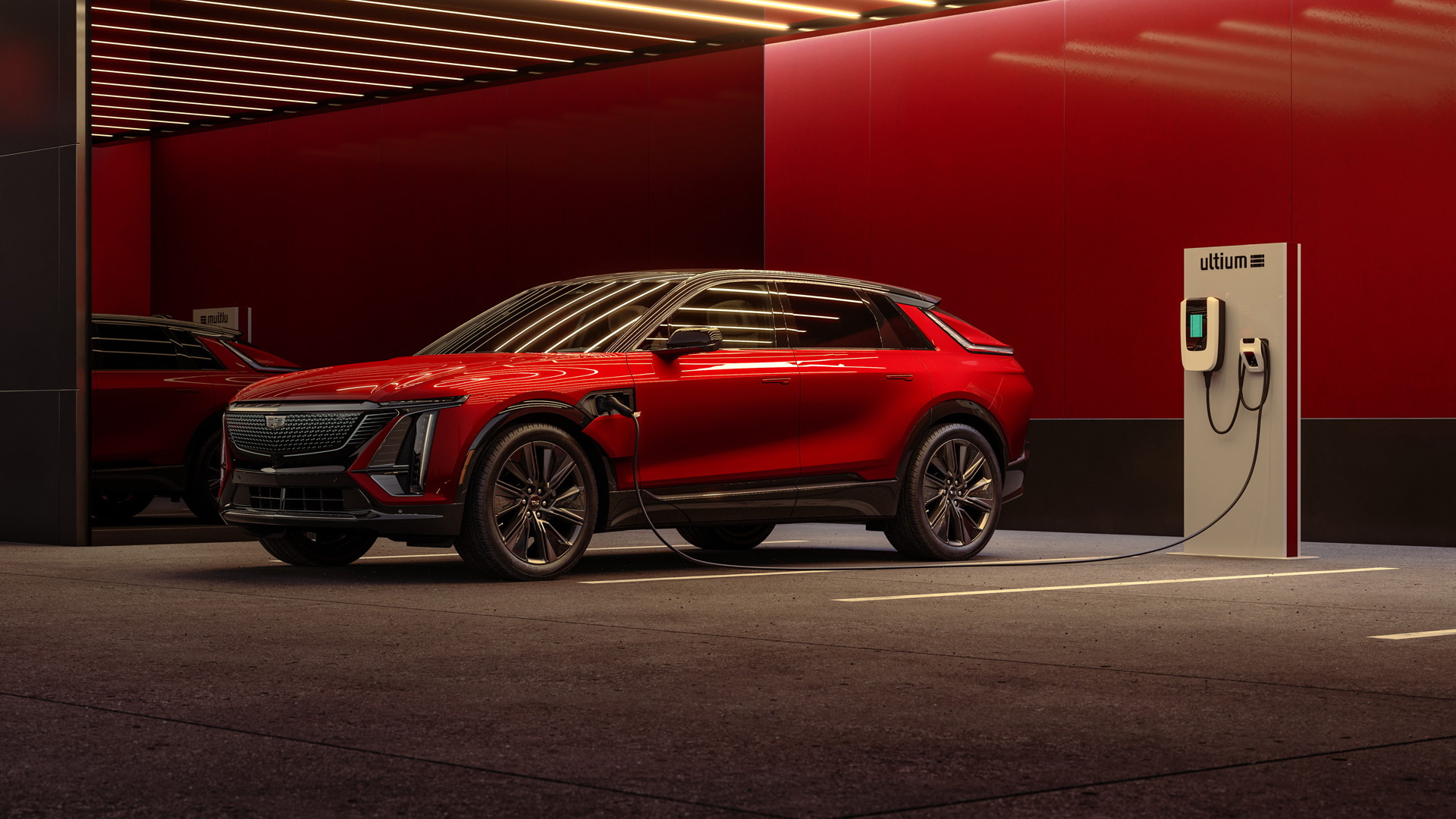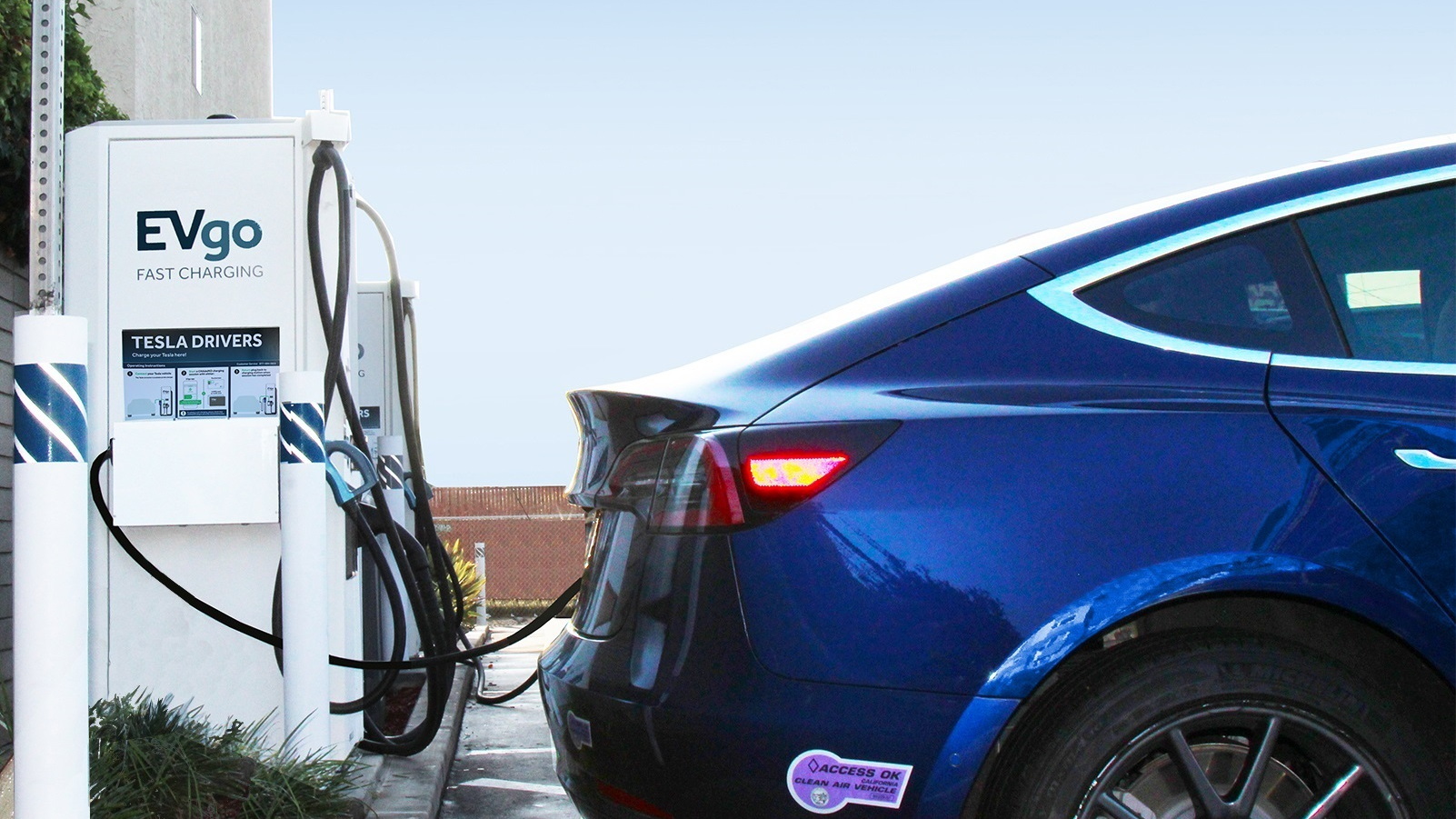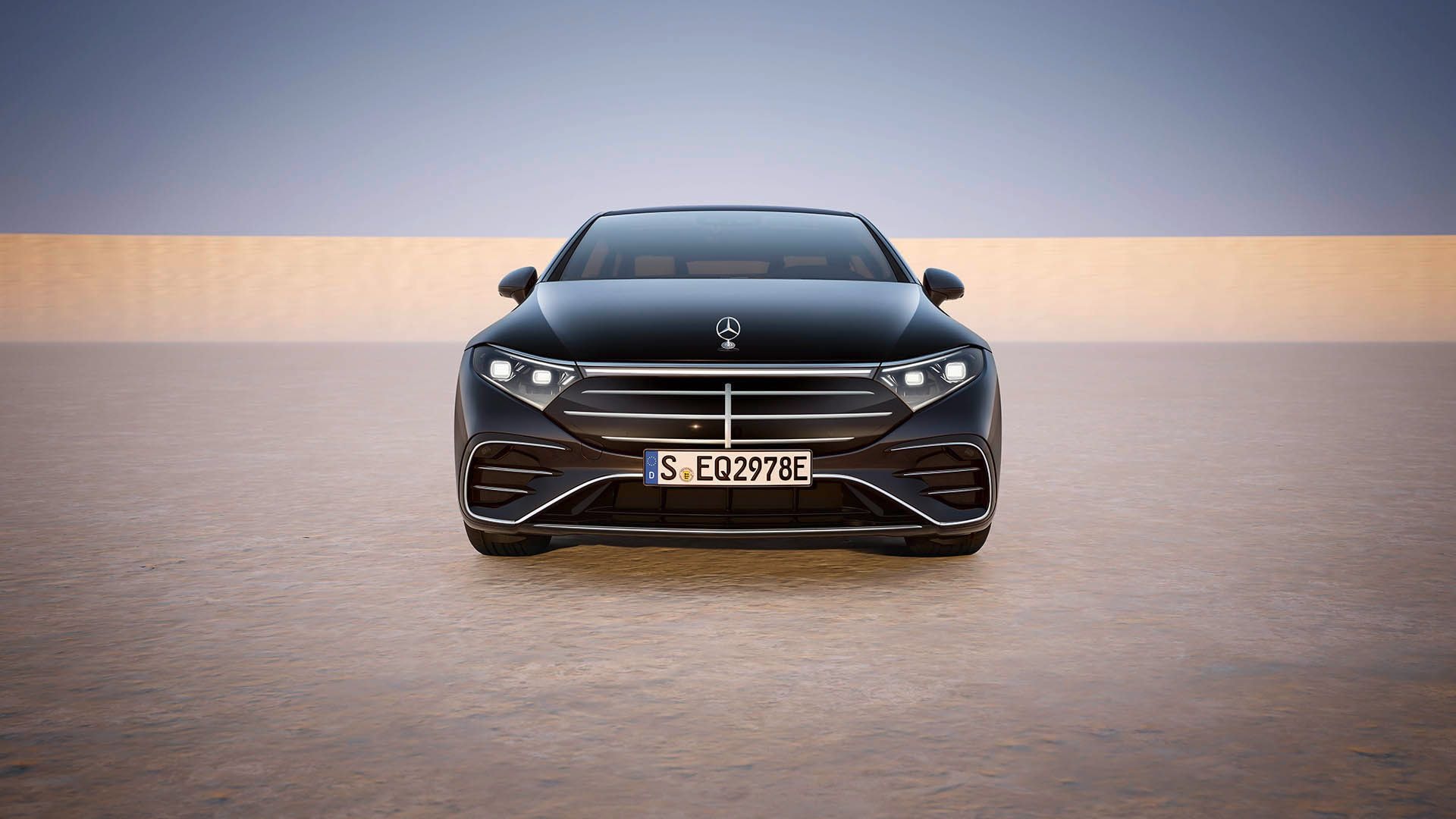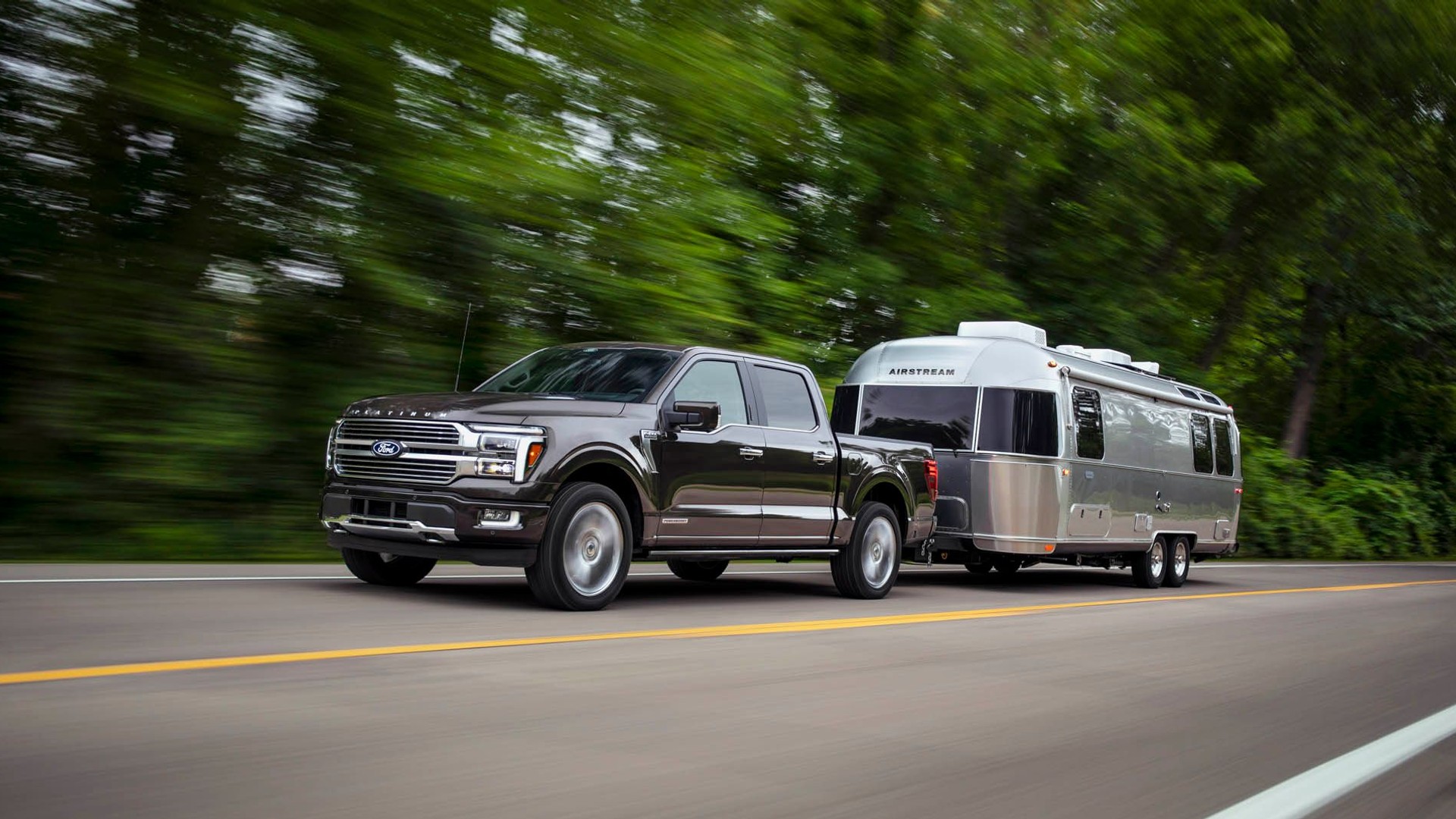As automakers get more serious about hydrogen fuel-cell cars, the biggest impediment to adoption will be a chicken-and-egg situation: low numbers of cars offered in limited areas due to a lack of public fueling infrastructure.
Unlike home charging stations for battery-electric cars, hydrogen cars can't take advantage of an existing network of utilities.
Moreover, hydrogen fueling stations are 10 to 100 times more expensive to build than is installing public electric-car charging stations.
ALSO SEE: Hydrogen Fuel-Cell Car Questions: Toyota, Honda & Hyundai Respond (Part 2)
The U.S. Department of Energy hopes to spur development of a solution to this problem with a powerful and very traditional incentive: cash.
The H2 refuel H-Prize challenges inventors to develop a small-scale hydrogen fueling system, with a $1 million prize for the winning team.
To claim that prize, teams must successfully build, install, and test systems that generate hydrogen--using electricity or natural gas--that can then be used to refuel hydrogen cars.
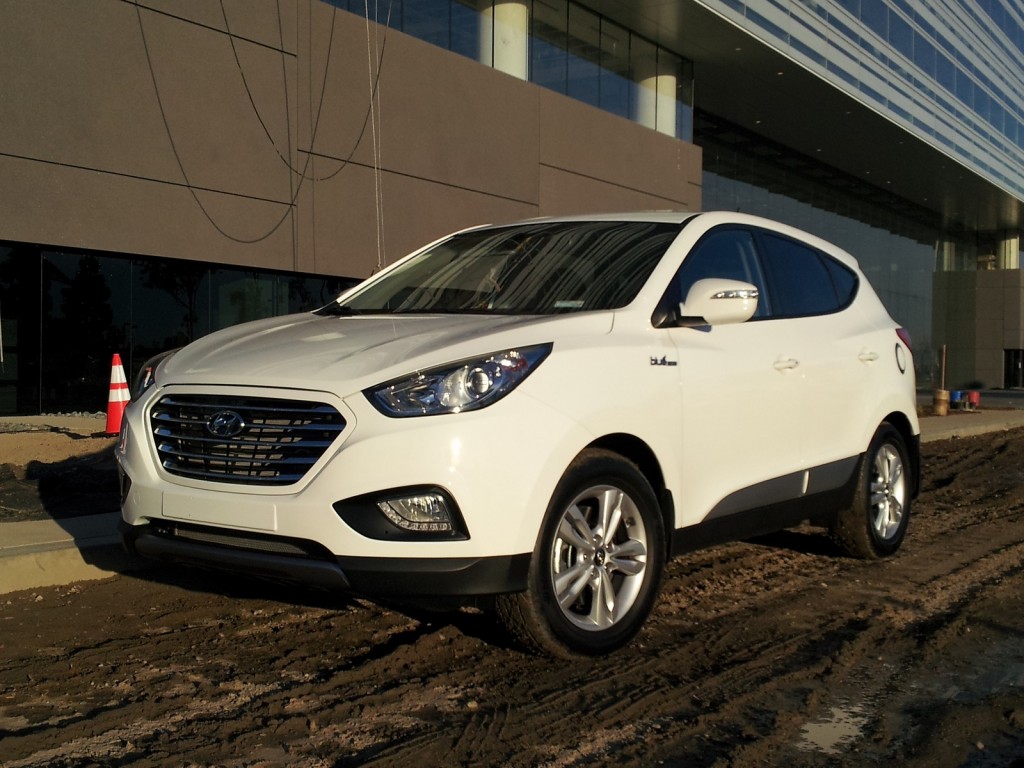
2015 Hyundai Tucson Fuel Cell at Hyundai headquarters, Fountain Valley, CA
The competition will last two years.
In the first year, teams will design their systems, choose installation sites, and generally organize their efforts.
They will have to submit design information to a panel of judges, who then decide which teams move on to the second round.
MORE: Plug-In Hybrids Are The Best Competitors To Fuel-Cell Vehicles: Here's Why
Acceptable designs will have to function in a residential setting and provide at least 1 kilogram (about 2.2 pounds) of hydrogen per day, which could produce a range of perhaps 60 miles in a hydrogen vehicle like the 2016 Toyota Mirai.
They will be divided into two categories.

Honda FCEV Concept, 2013 Los Angeles Auto Show
"Home scale" systems will be expected to generate 1 to 5 kg (11 pounds) of hydrogen per day, for single-household use, and "medium scale" systems to produce 5 to 50 kg (about 110 pounds) per day, geared toward public use.
Teams determined to have viable designs will have seven months to build their systems, and demonstrate that they meet the criteria set out in the competition guidelintes.
DON'T MISS: First Element Expects To Make Money Selling Hydrogen Fuel In 5 Years
A viable small-scale hydrogen fueling system has proved elusive so far because of the large amount of energy needed to separate hydrogen out of any feedstock material.
That hasn't stopped Honda, Hyundai, and Toyota from moving ahead with plans for hydrogen fuel-cell production cars, but it does mean that the cars on the road will be faced with a limited supply of fueling locations in the early years.
_______________________________________________




